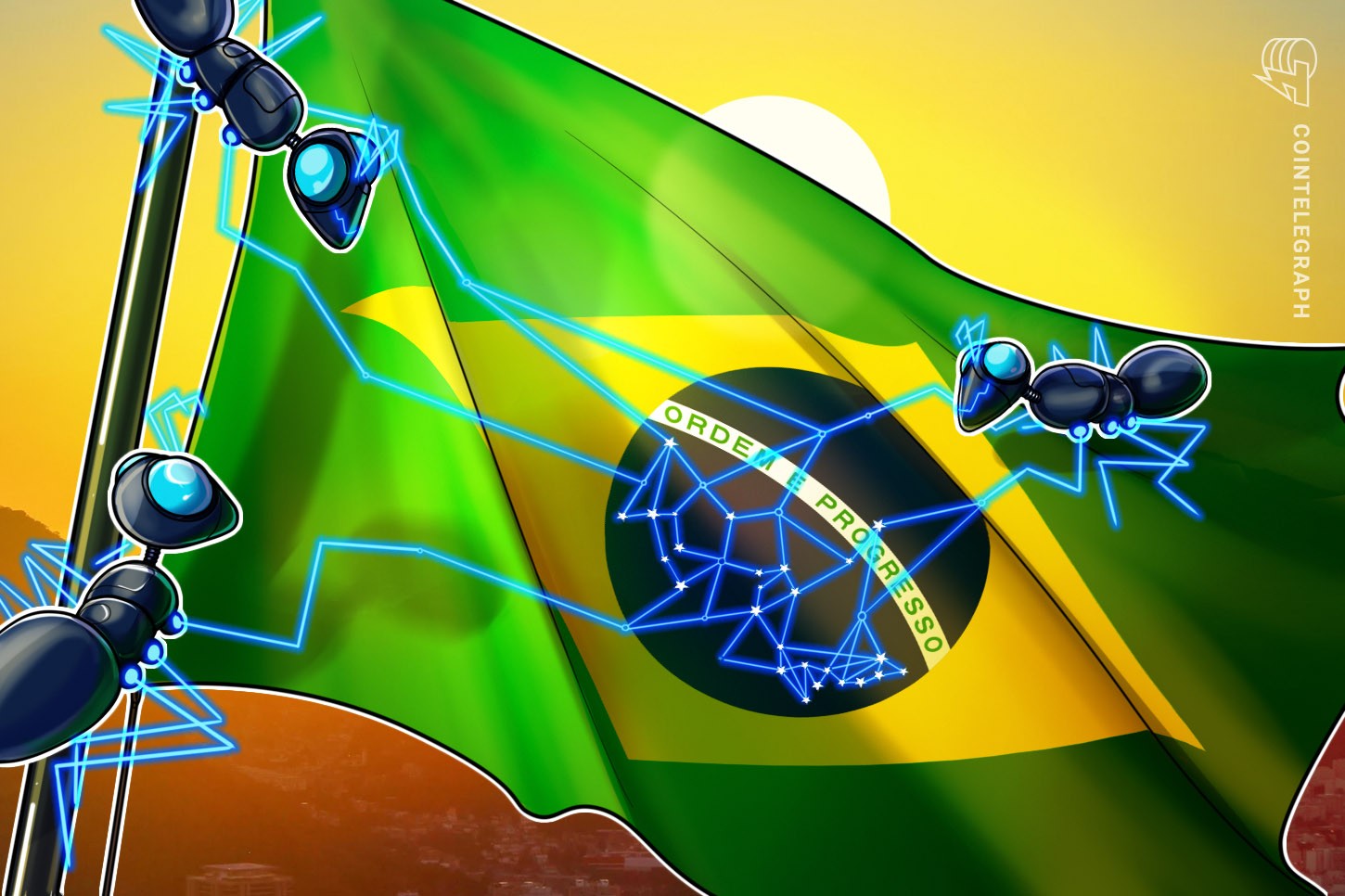BITH11, a new exchange-traded fund (ETF) launched in Brazil by crypto-focused alternative investment firm Hashdex Asset Management, claims to be the country’s first “green” Bitcoin ETF.
The fund plans to neutralize its associated carbon emissions through purchasing carbon credits. To meet the ETF’s objectives, Hashdex has partnered with Germany’s Crypto Carbon Ratings Institute, which will produce annual reports estimating the energy consumption and carbon emissions underpinning the creation of Bitcoin (BTC) acquired by the fund.
The ETF is currently aiming to invest 0.15% of its liquid assets into carbon credits and eco-friendly technologies every year. The fund was launched on the B3 Brazilian Stock Exchange late last week under the ticker BITH11.
According to a translation, Rogério Santana, head of client relationship at the São Paulo-based B3 exchange, stated:
“The new ETF offers investors exposure to variations in the world’s main digital asset, with all its growth potential and value reserve, in a regulated, secure manner and under sustainability goals.”
Hashdex is an issuer of regulated crypto investment funds, having launched its first crypto-focused ETF, HASH11, in April of this year. Over the past month, HASH11 has gained 33%, according to Bloomberg.
In addition to HASH11 and BITH11, Hashdex also offers a weighted Nasdaq Crypto Index fund tracking BTC and its Bitcoin Risk Parity Gold Fund.
Related: SkyBridge buys 38,500 tons of carbon offsets
Green crypto funds have grown in popularity this year ever since concerns over the fossil fuel-based energy consumption of crypto mining operations entered mainstream discourse.
In May, Canadian Bitcoin ETF issuer Ninepoint announced plans to offset the carbon footprint of its BTC fund, partnering with carbon offsetting service provider CarbonX.
The following month, crypto-focused hedge fund manager One River Digital reported a surge in demand for carbon-neutral Bitcoin investment products.
On Tuesday, global investment firm SkyBridge Capital announced that it had partnered with carbon credit provider MOSS Earth to purchase tokens representing 38,436 tons of carbon offsets.


